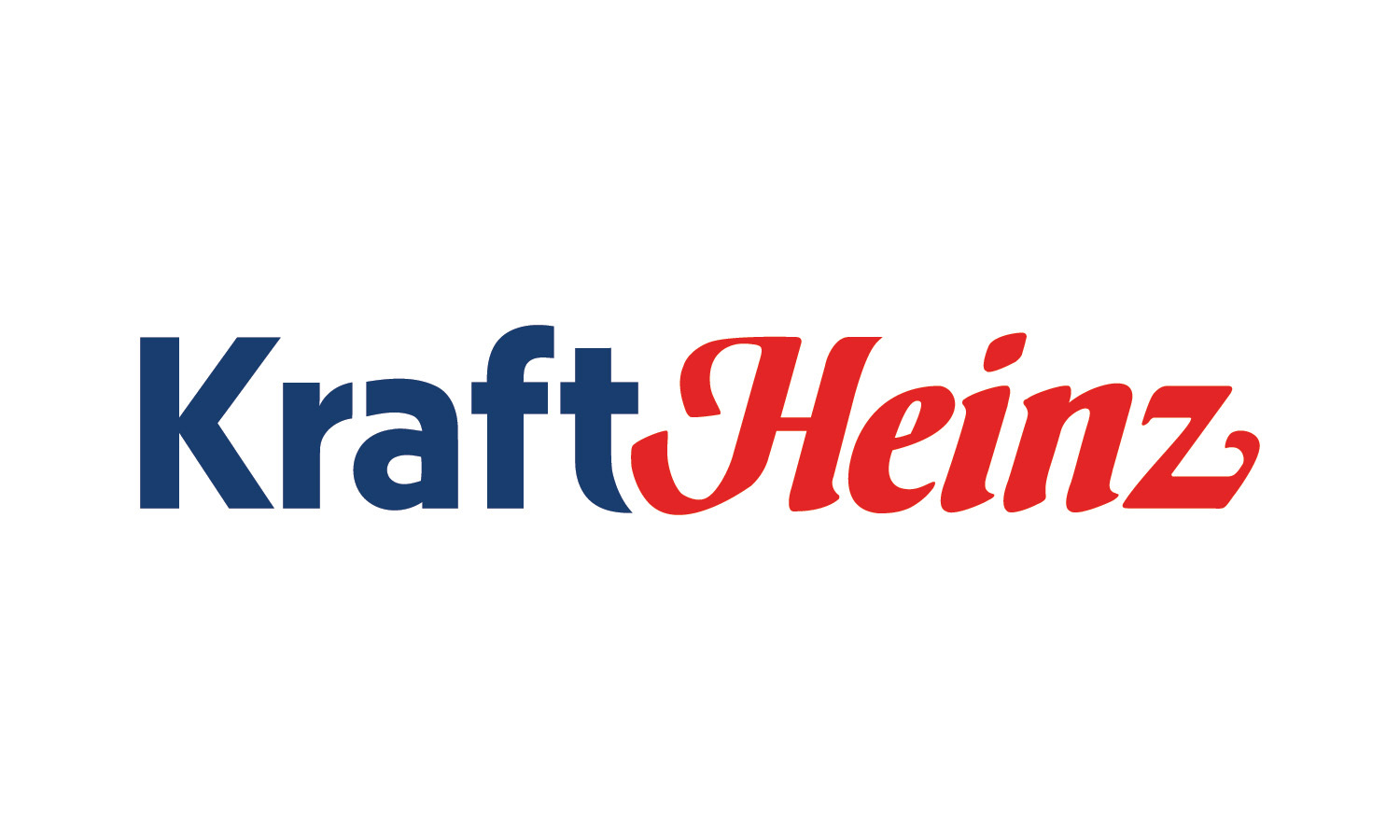by Jonathan Bailey, Head of ESG Investing, and
Caitlin McSherry, Director of Investment Stewardship, ESG, Neuberger Berman
This week’s guest writers are Jonathan Bailey and Caitlin McSherry from our ESG Investing team.
For the new proxy season, we have expanded our advance voting disclosure initiative across issues and geographies.
As an active manager, we believe that ongoing engagement with the management teams and boards of the companies in which we invest is an important part of creating value for clients. Dialogue enables us to communicate our expectations around corporate performance on material environmental, social and governance (ESG) factors, and proxy voting allows us to exercise our rights as shareholders.
Along these lines, 2021 is the second year in which we are disclosing our proxy-voting positions well in advance of annual and special meetings for a select group of companies. We call this initiative NB Votes. It focuses on companies where our clients have significant economic exposure, and is designed to include a broad range of proposals with a balance of votes in support of and against the recommendations of management, across a range of subject areas.
Our initial run last year was encouraging, in terms of both raising awareness among companies and gaining interest from other asset managers in following our lead. With the proxy season for 2021 just underway, we are seeking to enhance and expand our efforts to include more votes on a wider range of topics, from diversity and gender pay parity to human rights to climate disclosure, all with the goal of providing insights into our expectations and decision-making. We also plan to include more votes from international markets, given that proxy voting topics and corporate governance expectations tend to vary widely around the globe.
Goals and Emphasis for 2021
What exactly are we seeking to achieve through NB Votes?
- First, we want to improve the transparency of our proxy voting process, which is of growing interest to many clients and companies, as well as regulators that are increasingly looking to understand how investors approach their proxy voting.
- Second, we hope to demonstrate the nuanced judgment provided by our active management, something that might not be apparent from up/down voting positions.
- Third, we are working to improve company practices with an additional mechanism to communicate our views and clarify our positions to other companies facing similar issues, as well as to encourage other asset managers to adopt similar practices.
The array of topics we may highlight largely aligns with our engagement priorities and evolving market expectations. Diversity will likely be a common topic—stakeholders are generally looking for more disclosure of diversity at the board level and across the workforce, as well as information on pay equity. More broadly, compensation should attract attention—beyond typical merit-based assessments, many companies made changes last year to their executive compensation plans given pandemic impacts, which may require revisiting.
Climate change will also be front and center. Despite the pandemic, many companies have continued to make net-zero commitments, and we will see how progress is being reported, and how oversight and accountability are structured. Finally, political spending is an area that could see daylight. Since the Capitol riot in January, many firms have suspended contributions from their political action committees to all or select politicians, or they’ve announced their intention to review their political spending practices entirely.
More broadly, we will maintain our emphasis on various traditional points of engagement. In the area of governance, for example, we recently signaled our voting opposition to a compensation package at Amerisource Bergen, the wholesale drug company, where we believed executive pay was excessively tied to pro-forma changes to operating results and there was a lack of shareholder-aligned incentive metrics. And in the context of environmental risk, we supported an emissions reduction plan put forth by Ferrovial, a Spanish infrastructure company; however, we warned that submitting its climate strategy to an annual shareholder vote would be an inefficient way to gather shareholder views on the topic.
Moving Global
The expansion of NB Votes globally is important to us, as proxy voting and market expectations around that process tend to vary significantly from market to market. For example, shareholder proposals in certain countries may be binding rather than advisory as in the U.S., while some markets don’t even have mechanisms to allow shareholder proposals on the ballot. Even the types of votes differ. For example, certain markets give shareholders not one but two votes on executive compensation, one that’s ex-ante and one that’s ex-post.
Corporate governance practices can be very market-specific, and are often driven by a given market’s corporate governance code. For instance, in Japan, where the presence of practices such as cross-shareholding and anti-takeover defense measures are key concerns for us, we’ve outlined specific expectations for companies within that market. This led us to object to the existence of a poison-pill mechanism at Asics, the Japanese sportswear maker, and oppose the election of certain high-level executives and board members at the company. In other words, we have crafted our voting guidelines to take into consideration these types of market nuances, and we intend to leverage the NB Votes initiative to showcase the role they play in our decision-making process.
Proxy Voting in Context
Although proxy voting is a central element of engagement and ESG investing generally, we would like readers to understand that it is just one element, along with research, process, data and broader outreach, which converge to potentially identify material drivers of performance and impact. Our recently released 2020 ESG Annual Report provides details on the range of our efforts, and the ideas and goals we will continue to pursue for 2021 and beyond—all informed by our desire to lead by example, and our belief that material ESG factors can have a meaningful impact on financial results for companies and investors over the long term.













